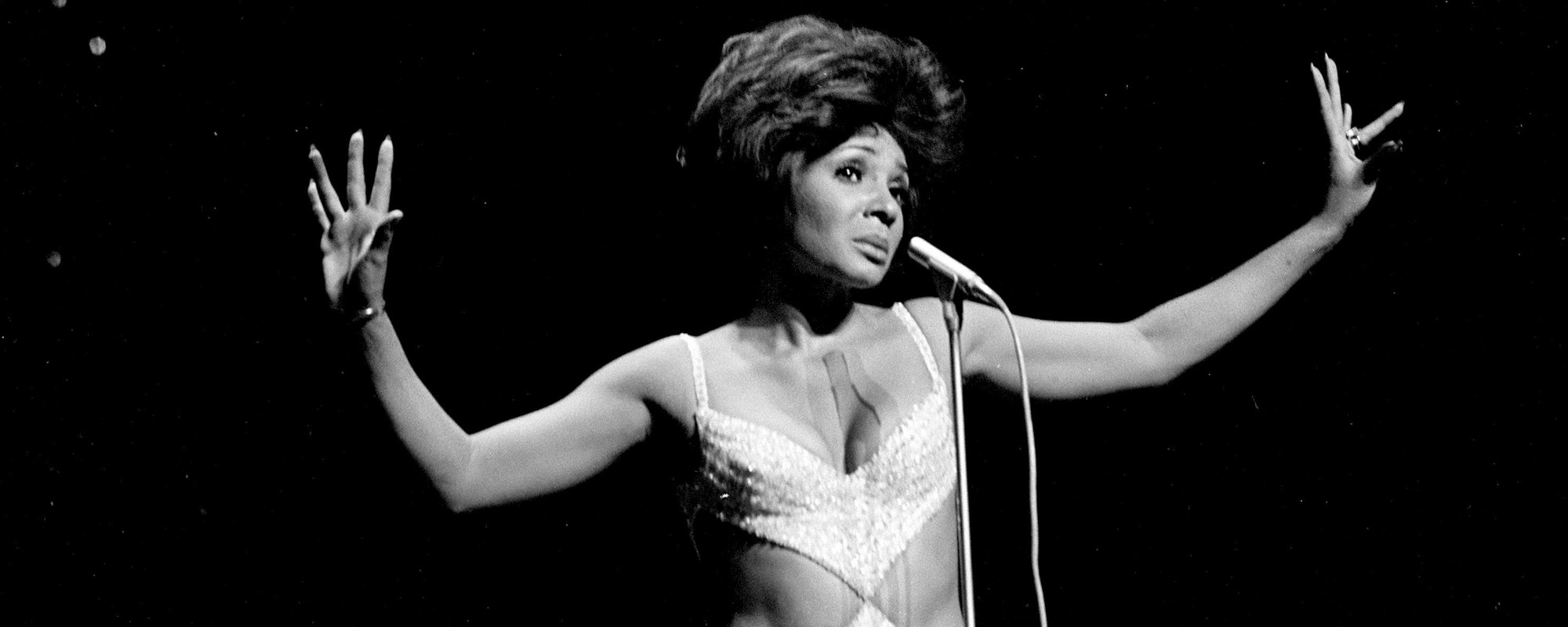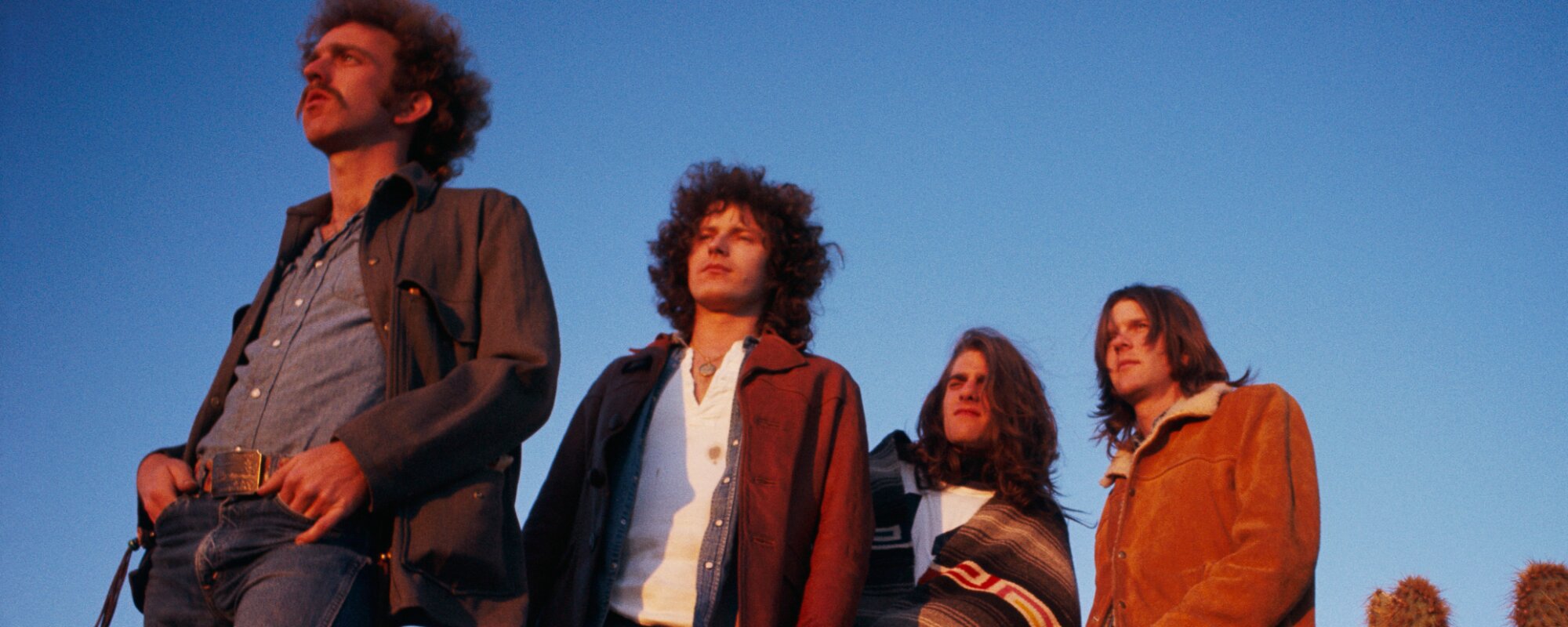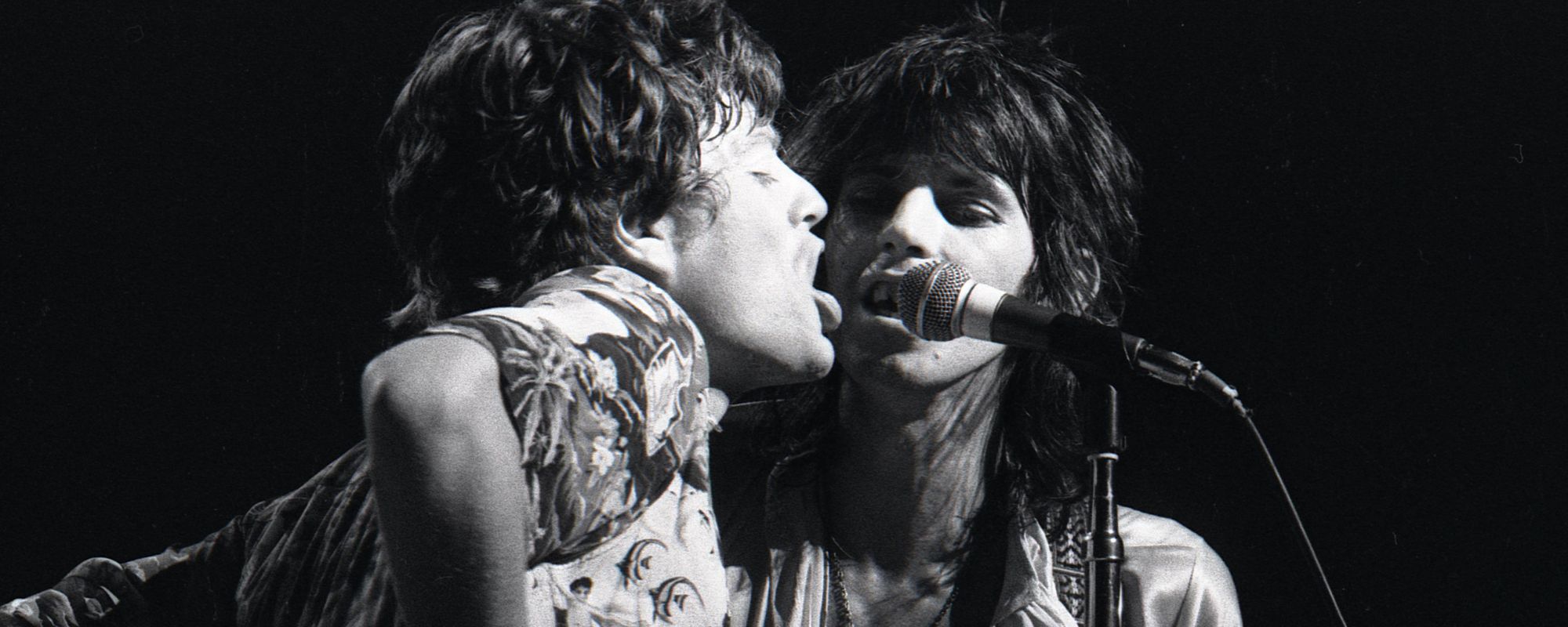On this day (September 19) in 1969, Creedence Clearwater Revival topped the Official UK Singles Chart with “Bad Moon Rising.” It was their only No. 1 single across the pond and stayed at the top of the chart for three weeks. It didn’t do as well in the United States, where it peaked at No. 2 on the Hot 100.
Videos by American Songwriter
“Bad Moon Rising” marked the peak of Creedence Clearwater Revival’s success on the UK Singles Chart. They had seen some success there in 1968, when “Proud Mary” reached No. 8. However, after “Bad Moon Rising,” they would only find the top 10 two more times across the pond. Both came in 1970. “Travelin’ Band” peaked at No. 8 and “Up Around the Bend” reached No. 3.
Creedence Clearwater Revival was more popular in the United States. They notched nine top 10 hits on the Hot 100. Additionally, five of their seven albums went to the top 10 on the Billboard 200. Two of them, Green River and Cosmo’s Factory, went to No. 1. However, they never topped the Hot 100. Five singles, including “Bad Moon Rising,” reached No. 2 on the all-genre tally.
Creedence Clearwater Revival Goes Dark for “Bad Moon Rising”
Like many of Creedence Clearwater Revival’s songs, “Bad Moon Rising” sounds like upbeat swamp rock. The arrangement on the original recording makes the song sound like a toe-tapping good time. However, those who have taken time to really listen to the lyrics know how bleak the song is.
“Bad Moon Rising” conjures images of apocalyptic weather in its lyrics. The song mentions lightning, earthquakes, and hurricanes. The last verse, though, is the darkest. It starts with an ominous warning: Hope you got your things together / Hope you are quite prepared to die. Then, it ends with a biblical reference: One eye is taken for an eye.
After appearing in the film An American Werewolf in London, some listeners have connected the song with werewolf lore.
However, John Fogerty didn’t have the weather or werewolves in mind when he wrote the song. Instead, it was a metaphor for the social turbulence that permeated the late 1960s. “I don’t think I was actually saying the world was coming to an end, but the song was a metaphor. I wasn’t just writing about the weather,” he said. “The times seemed to be in turmoil. Martin Luther King and Robert F. Kennedy had been assassinated. I knew it was a tumultuous time,” he added.
Featured Image by Michael Ochs Archives/Getty Images











Leave a Reply
Only members can comment. Become a member. Already a member? Log in.